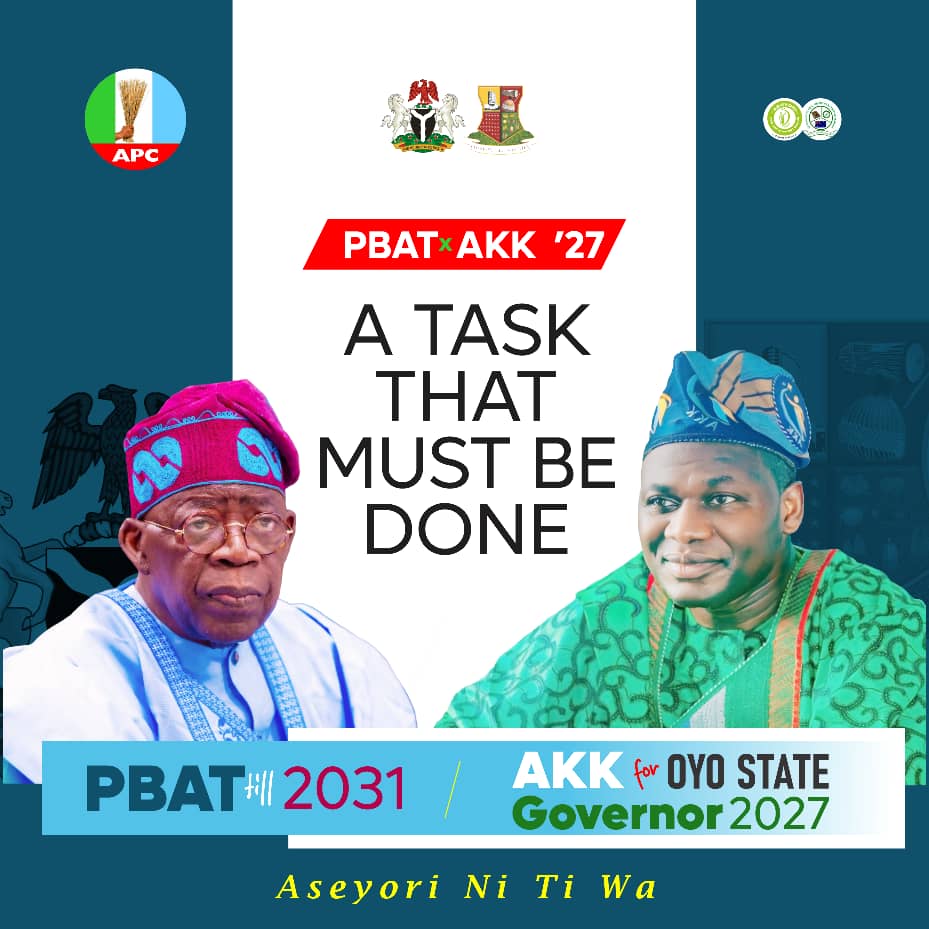
In the corridors of power and influence, two distinct roles often shape the destiny of nations and kingdoms: the king, who rules, and the kingmaker, who determines who rules. The king is the face of leadership, seated on the throne, crowned with honor and responsibility. The kingmaker, however, is the invisible architect of power — the strategist, the adviser, the one who pulls the strings and decides the fate of thrones.
But what happens when the kingmaker, long content to stand behind the scenes, decides to step into the spotlight? What unfolds when the one who makes kings decides to become a king?
Such a moment is never ordinary. It raises fundamental questions about ambition, loyalty, tradition, destiny, and the true nature of leadership. The decision of a kingmaker to become king is not just a personal choice; it is a political earthquake that shakes institutions, tests alliances, and forces society to rethink power itself.

This article explores what should be expected — politically, socially, and symbolically — when a kingmaker takes the throne.

Every system of leadership relies on balance. There are those who lead publicly and those who influence privately. Kingmakers are expected to be the latter — wise counselors, political godfathers, seasoned power brokers. Their influence is immense but discreet.

When such a figure abandons the back seat and reaches for the crown, the established political order is disrupted. It may cause discomfort among traditional rulers, political stakeholders, and even the citizenry who are used to seeing such individuals as the powers behind, not in front.
Institutions built on a clear division between influence and authority may begin to crack. The traditional custodians of power may resist, fearing that such a move threatens the balance of governance and violates the unwritten codes of leadership succession.
Power is a zero-sum game. The ascent of a kingmaker into the position of king often results in fear and tension among other stakeholders. Those who once trusted the kingmaker to remain neutral or supportive from behind may now see him as a competitor.
This can lead to: Political betrayal and shifting loyalties, The breakdown of alliances, Open rivalry with protégés or former allies
Such tensions often manifest in high-stakes political battles — within parties, in the media, and in the streets. The political climate becomes charged, and the atmosphere, once stable, grows volatile.
A kingmaker operates with the luxury of invisibility. He can criticize leaders, influence decisions, and mold public opinion without bearing the weight of ultimate accountability. But as a king, the game changes.
Now in the spotlight, the former kingmaker must:
Defend policies openly, Manage public expectations, Deliver tangible results
Every flaw, past or present, is magnified. Decisions once made in the shadows must now withstand the harsh light of public debate. The people who once hailed him as a wise counselor may now question his capacity to lead. The honeymoon of public goodwill is often short, and the crown becomes heavier than anticipated.
There’s a fundamental difference between influencing decisions and making them. Many kingmakers are excellent tacticians but poor rulers. While strategy operates in theory, governance is grounded in reality. Decisions carry consequences, and leadership demands empathy, compromise, and sometimes restraint.
A former kingmaker may struggle with:
The transition from adviser to decision-maker, Balancing ambition with responsibility, Letting go of manipulative habits incompatible with ethical leadership
The identity crisis may lead to indecision, arrogance, or overreach. If not managed well, it could derail the very legacy the kingmaker hoped to establish.
When a kingmaker becomes king, his actions no longer only influence power — they define history. He is no longer remembered for the kings he created, but for the kingdom he ruled.
This presents a defining moment: Will he be a reformer or a tyrant? Will he bring wisdom to the throne, or will his reign become a cautionary tale?
Those who make this transition successfully often do so with:
Recognizing that influence does not equal infallibility, Using their strategic mind for national development, Resisting the temptation to abuse power
History has examples of both triumph and failure. Some kingmakers became legendary monarchs. Others were dethroned, discredited, or destroyed by the very power they once wielded.
A Nation’s Maturity or Misfortune?
Symbolically, when a kingmaker becomes king, it may reflect deeper truths about a society, It could indicate a shortage of trusted leaders, forcing those behind the scenes to step forward. It might reflect growing desperation in political circles, where godfathers now seek to rule directly.
Alternatively, it could represent a maturing political landscape, where experience finally meets responsibility.
The reaction of the people will depend on how prepared the former kingmaker is to serve, not rule; to unite, not divide; and to govern, not manipulate.
There is an ancient African proverb that says:
“The drummer who calls others to dance must be ready to dance when the drum is handed over to him.”
When a kingmaker chooses to be king, it is the ultimate test of leadership. It is no longer about making others powerful — it is about embodying that power with wisdom, compassion, and justice.
What should be expected? Expect the unexpected.
Expect shifting alliances, deeper scrutiny, heavier expectations, and the opportunity — or danger — of rewriting history.
In the end, only time will tell whether the kingmaker’s reign was born of destiny or driven by unchecked ambition.